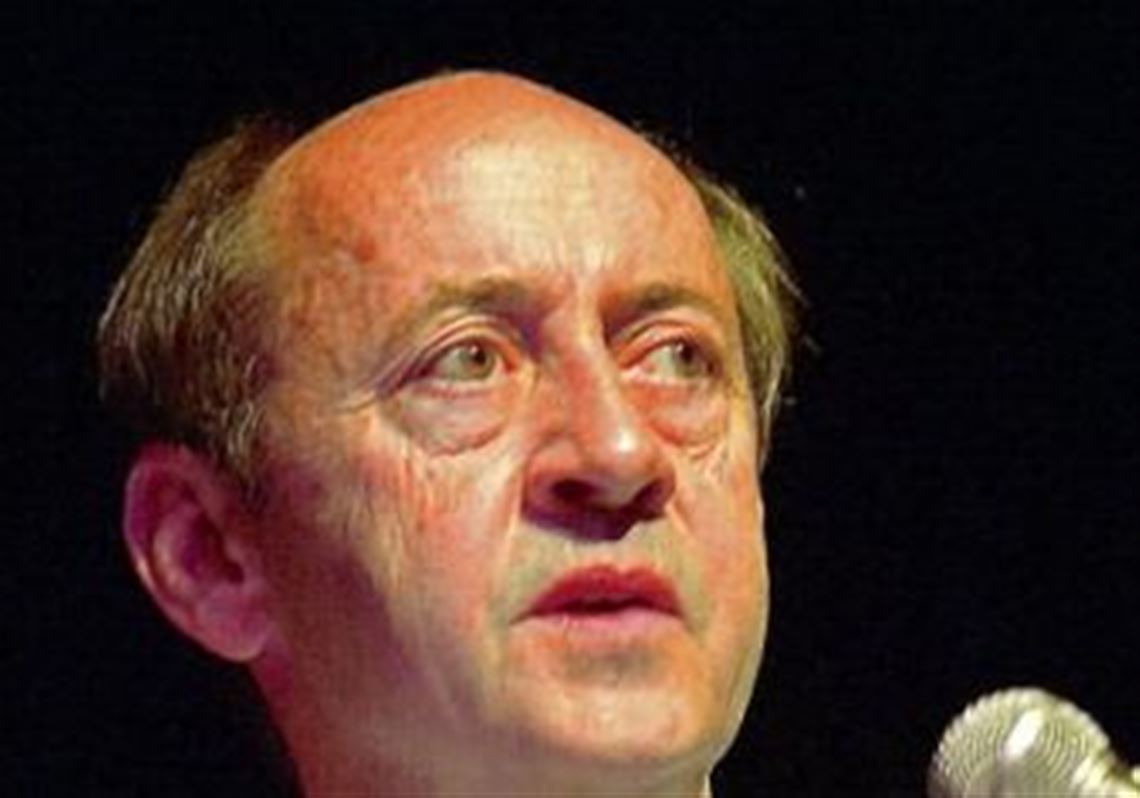National Poetry Month starts April 1. While we wait for it, there's always Billy Collins to amuse us until we have to get down to serious business.
Collins is the anti-poet, writer of clever, witty, humorous and ironic verse that has brought him fame, an open-ended gig as poet laureate of the United States and "Prairie Home Companion" prime radio time.
His secret? He entertains rather than challenges by using the traditional poetic forms in fresh, funny ways.
And, please don't take this the wrong way: I enjoy Collins, especially as the polished performer of his own short, sharp and smart "essays" as he explains his poems.
He was in fine fettle last night at Drue Heinz Lectures. The happy audience laughed and applauded in merriment and pleasure. Even the literary snob I've been accused -- unfairly -- of being, chuckled and smiled along.
I admire his intelligent way with words and their sounds and various meanings. He appreciates the English language and its flexibility and I appreciate his effortless crafting of various forms of poetry. But, then, if you're going to mock something, you need to master it thoroughly.
Author of nine collections, many published by the University of Pittsburgh Press, a fact unacknowledged last night, Collins, 67, is the duke of deconstruction, the prince of the dramatic pause, the light beer of the American poetic tradition. And light beer outsells the heavy stuff.
Speaking about his work, Collins said the "crucial demands of poetry" include convincing "a stranger to be interested in your private life." He says he wants "to make the readers feel you're alone with them."
Collins, though, reveals nothing of himself. For most of us, in these days of the personal poem, that's a relief. But the great poets showed us their soul; Collins shows us his kitchen table.
As he described his view of the craft:
By now, it should go without saying
that what the oven is to the baker
and the berry-stained blouse to the drycleaner
so the window is to the poet.
The image of the poet looking out at the world -- "reporting on how he sees the world," as Collins said -- can be applied to all writers.
It's the writer who dares to look inside, who can create important work while inspiring us to do the same, who will struggle for popular recognition.
First Published: March 3, 2009, 10:00 a.m.

















